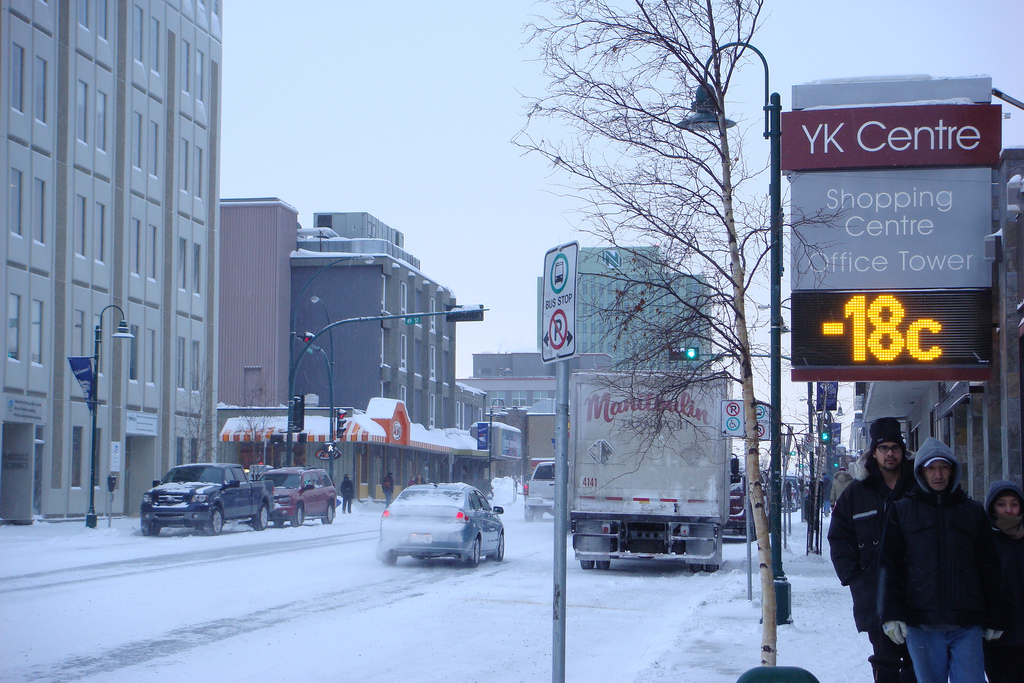Geothermal heat a viable option for Canadian city of Yellowknife, Northwest Territories

Belgian engineering firm Vito Engineering confirms the viability of a geothermal heating project at an abandoned coal mine in the city of Yellowknife in the Northwest Territories, Canada.
Reported by national news outlet CBC, a Belgium firm has confirmed that the heat found in the old Con Mine represents a viable heating source for the city of Yellowknife in the Northwest Territories.
Vito Engineering, says “there is enough geothermal heat … to heat parts of the city’s downtown”. The company has done research to answer some critical voices that were quoting temperature readings of the mine were too old. The new research shows that there is “1.7 MW thermal energy which could be used to heat city buildings.”
Yellowknife city councillor Mark Heyck said there’s also something new that came out of Vito’s report.
“Because we would only be heating for eight or nine months of the year, you could use those remaining summer months to actually recharge the underground workings. It would basically become an energy storage battery that would be charged over the summer,” Heyck said.
“There’s various methods of doing that; could be using waste heat from some location, or solar thermal collectors that charge the underground which actually expands the size of the resource available to us when we need it in the winter time.”
Heyck said confirming the temperatures in the defunct mine is only one step in the process.
“But certainly talking to the end use customers, those building owners in the downtown core who would ultimately use the energy. That’s going to be a big milestone for us once we bring those folks on side,” he said.
The city also still hopes to secure federal funding for the project.”
As far as I remember there was some funding available of around $14 million, which would have had to see additional debt financing by the city. This was previously voted against in a public referendum among the citizens of the city in the spring of 2011.
Source: CBC